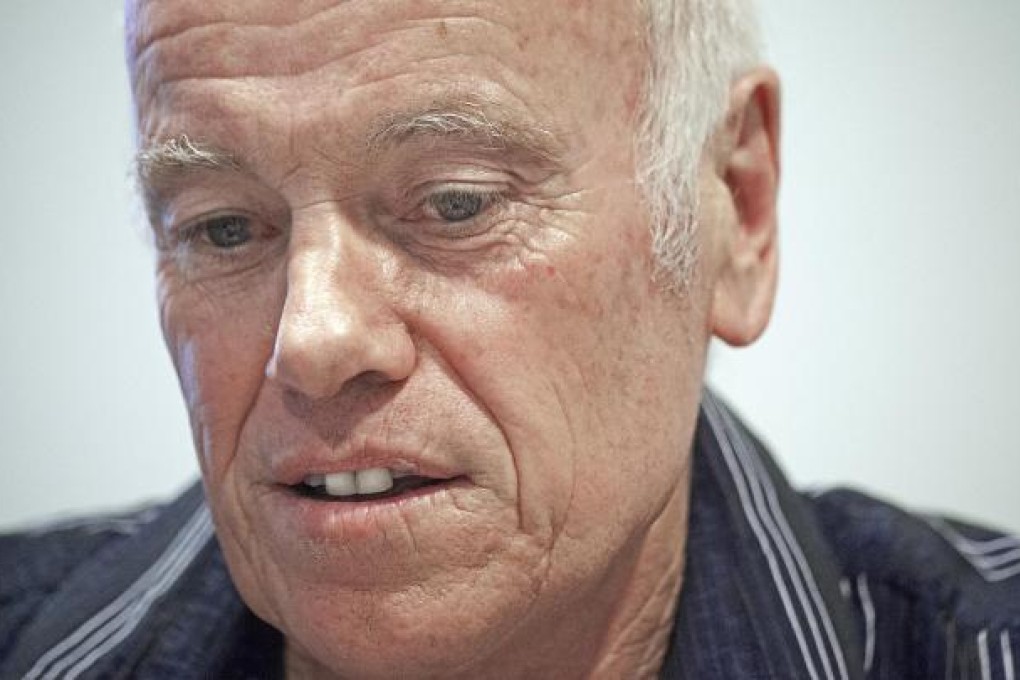Letters to the Editor, March 2, 2013
I disagree with the letters by Cherry Yau ("Containers are not suitable living spaces", February 26) and Lau On-yin ("Another from of substandard housing", February 26).

I disagree with the letters by Cherry Yau ("Containers are not suitable living spaces", February 26) and Lau On-yin ("Another from of substandard housing", February 26).
Your correspondents have summarily dismissed this idea, but should try to think out of the box, as it does hold merit. Firstly I would much prefer to live in a standard six-metre container than in a caged dwelling or coffin-sized bed space, no matter the location.
It is normal that containers are adopted as site offices in the construction industry. And they are readily available for conversion to living quarters, as any visit to the New Territories will readily confirm.
Indeed, the adaptation of shipping containers to residential purposes could kill two birds with one stone: cleaning up the appalling container litter, and giving a fast supply of much-needed accommodation, so that our city's notorious and atrocious caged homes can be cleared. Containers are modular and it is possible to assemble them to make attractive properties.
They do not have to be considered as just utilitarian. There is no doubt that architects must now be innovative and design living spaces on a smaller scale by multi-use of areas.
In London recently, unused garages have been interestingly adapted for accommodation with a floor area of only 11 square metres, much smaller than a standard-sized shipping container.